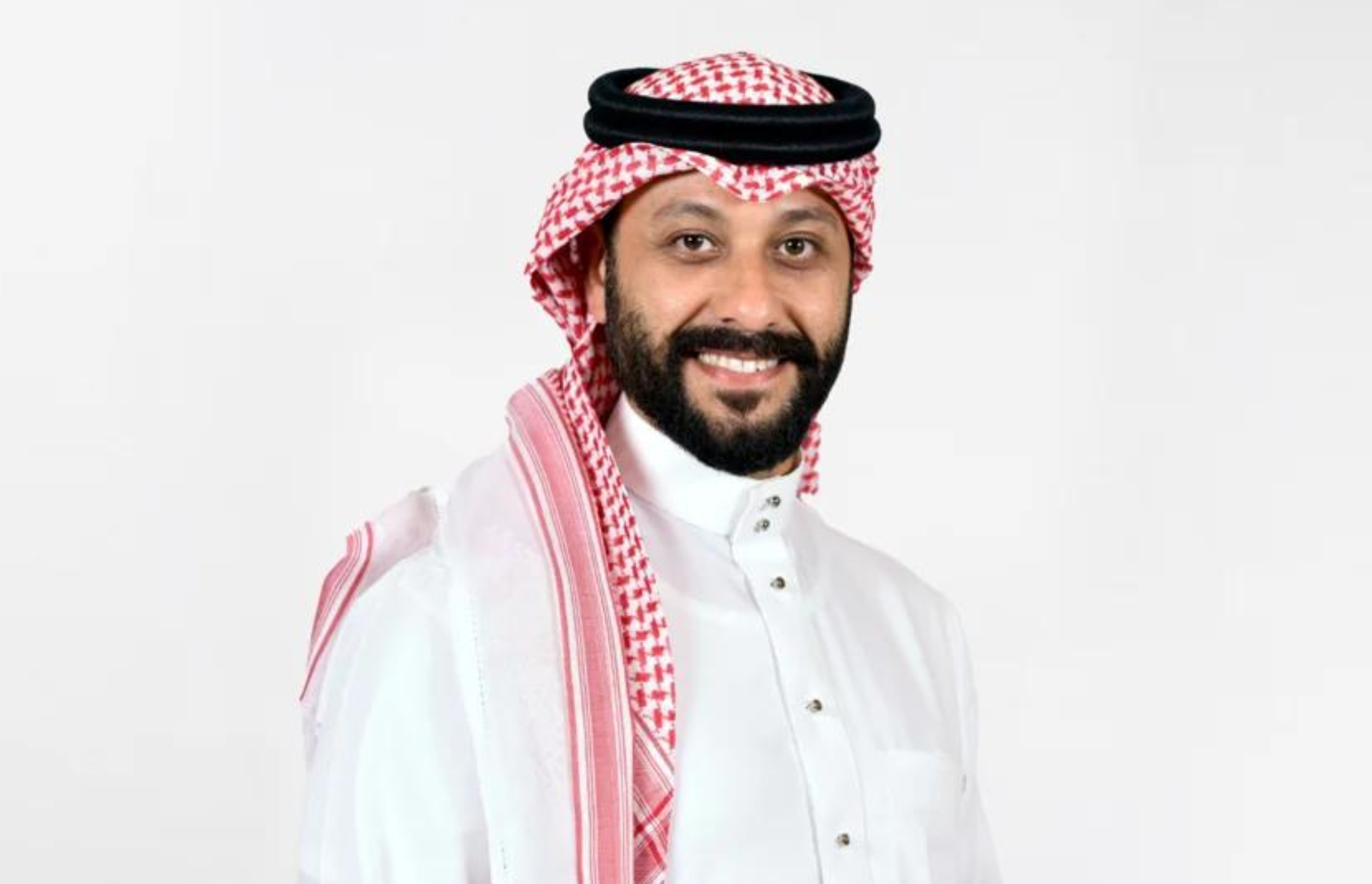
Op-ed: Saudi Arabia’s Health Transformation Is Becoming a Blueprint for the World
Across the world, health systems are reaching their breaking point. Populations are aging, chronic diseases are multiplying, and costs are outpacing capacity. Even the most advanced systems are struggling to deliver sustainable care. The old model of treating illness only after it appears is collapsing under its own weight.
Saudi Arabia has chosen a different path. Instead of managing crises, it is building a system that anticipates them. Guided by Vision 2030, the Kingdom is shifting from reactive to preventive care, from treatment to prediction, from isolated interventions to integrated health ecosystems.
Artificial intelligence sits at the center of this shift. We often speak of AI transforming industries, but nowhere is its impact more profound than in healthcare. When used responsibly, AI can detect disease earlier, tailor treatments to the individual, and help clinicians make faster, better-informed decisions. Yet AI’s true promise lies not in replacing doctors or data analysts, but in giving them new tools to deliver care that is more human, not less.
For more than a decade, M42 through Diaverum has worked side by side with Saudi partners through a nationwide renal care network serving patients across 33 cities. That experience taught us two lessons. First, prevention is not a slogan; it’s an operating model. Second, technology must empower people, not overshadow them. The most advanced algorithms mean little if they don’t improve the lives of patients or the efficiency of those who care for them.
The incorporation of M42 Saudi Arabia marks a natural next step in this trusted partnership: expanding from specialty services into system-wide collaboration in precision, preventive, and predictive health. Our mission is to deepen our partnership with the Kingdom and support its transformation by combining scientific innovation with human-centered care, helping create a sustainable, sovereign health system built by and for the Saudi people.
This partnership is anchored in a simple truth: no health system can be transformed by technology alone. The data must be clean and secure, the clinicians skilled and confident, and the outcomes transparent and measurable. In Saudi Arabia, these principles are already shaping the health landscape. From digital patient platforms that give individuals real-time access to their health information, to AI-enabled diagnostics that guide clinical decisions, the Kingdom is proving that digital transformation can go hand-in-hand with ethical responsibility and cultural sensitivity.
Nowhere is this more visible than in renal and metabolic care. Traditionally, renal treatment focused on managing complications once they appeared. Today, by integrating digital systems, real-time monitoring, and AI-supported analysis, we can identify risks earlier and intervene sooner. Patients can engage with their own health data, track progress, and communicate with care teams more easily. This isn’t technology for its own sake - it’s technology that restores agency to the patient.
But prevention is not just about data points or devices; it’s about people. That’s why investing in Saudi talent - clinicians, researchers, and data scientists - is central to our work. A sustainable health system must be locally led and globally informed. Through training programs and collaborative research, we’re helping empower the next generation of Saudi healthcare innovators who will carry the system forward long after the technologies of today evolve.
Partnerships like this succeed only when they are built on three foundations: alignment, additionality and accountability. National priorities must set the direction. Partners must add tangible value, including better outcomes, stronger systems and deeper knowledge. And progress must be measured not by announcements, but by the health and confidence of the people we serve.
Saudi Arabia’s leadership in this space matters far beyond its borders. If the Kingdom succeeds in proving that preventive, data-driven care can scale clinically, digitally and ethically, it will offer a roadmap for the world. The lessons will resonate from London to Lagos: that health sovereignty can coexist with global collaboration, and that technology can serve humanity when guided by purpose.
The future of healthcare is not about choosing between innovation and empathy, or between data and dignity. It is about designing systems where each strengthens the other. Saudi Arabia is showing that this balance is possible. When prevention, precision and partnership align, the result is not just healthier people, but a more resilient society.
That is a blueprint worth building here in Saudi Arabia, and far beyond.








